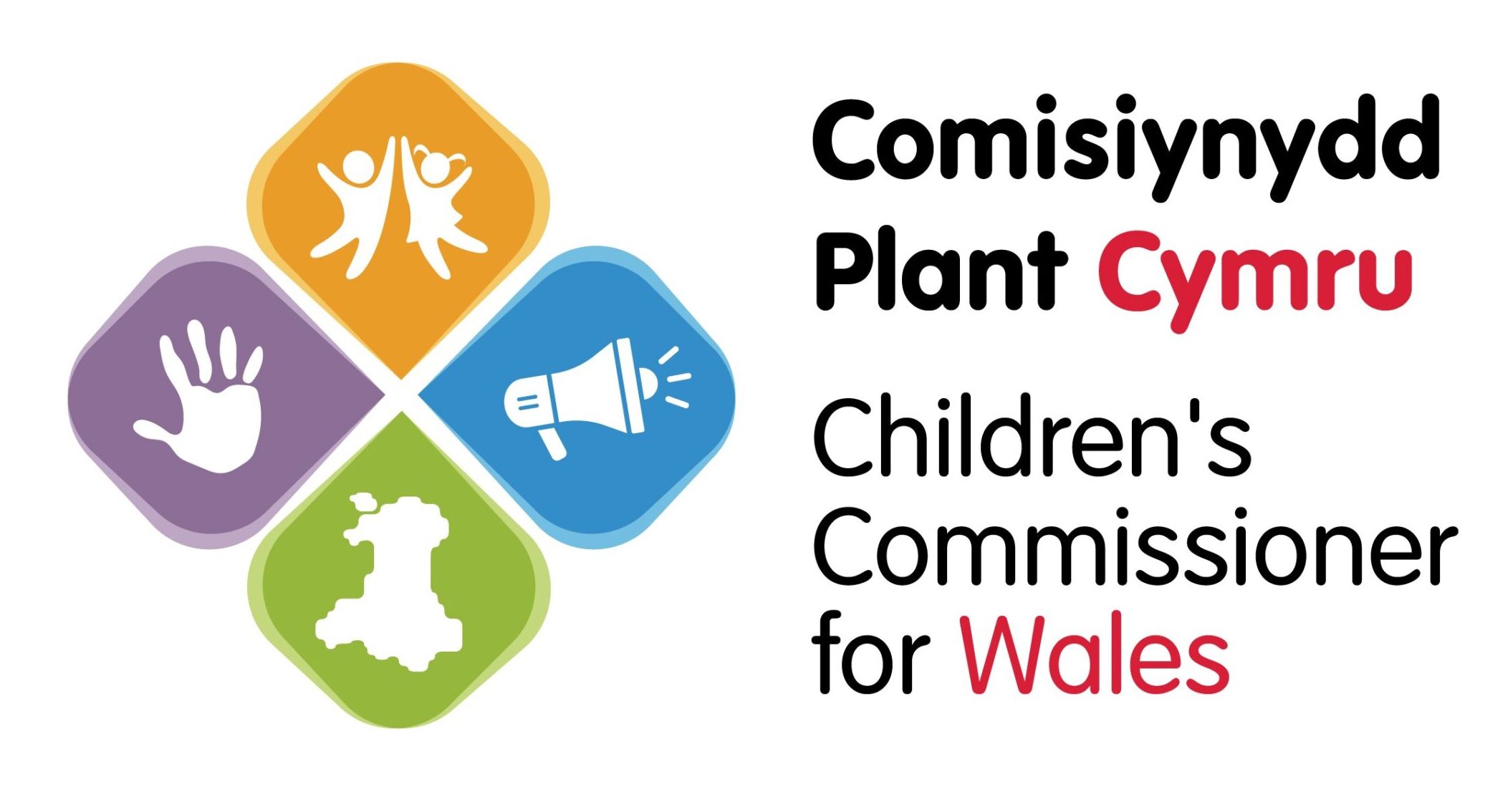62% of children answering a snapshot survey supported a proposed Welsh Government ban on energy drinks for under 16s.
When asked about energy drink consumption, 66% said that some or lots of children their age drink energy drinks.
The survey, conducted by the Children’s Commissioner for Wales, was answered by 610 children aged 7 to 18 during September.
Welsh Government is currently reviewing responses to a recent consultation on proposals that would see energy drink sales banned to children under 16 in Wales. Proposals also included limiting free refills of sugar sweetened drinks in restaurants and placing new rules on food placement and promotion. The Children’s Commissioner said she wanted to contribute young people’s views to the consultation and has shared the results directly with the Welsh Government.
When asked why they supported or opposed a ban on energy drinks for under 16s, almost a third of children said energy drinks could cause health issues, including heart problems. Children also referenced the high caffeine and sugar content in energy drinks.
Comments from teachers taking part in the survey included energy drinks having a negative impact on learning, affecting pupils’ moods, and concentration levels.
One teacher said that pupils ‘get addicted and can’t concentrate because of the energy drinks and their impact.’ Another called energy drinks a ‘huge issue’ that ‘affects mood and behaviour on a daily basis.’
Where food is displayed
Around 60% of children and young people answering the survey felt that where sugary, salty or fatty food is displayed always or sometimes makes a difference to whether they buy it or not.
Many children and young people mentioned placement by the tills or at the front of shops, and that unhealthy foods ‘caught their eye’.
Neary three-quarters said that deals like buy one get on free made them want to buy unhealthy foods. They mentioned feeling like they had missed out on free food if they didn’t buy them or being influenced by pictures of the food.
Refills
There was a more mixed response amongst children and young people when asked if they supported Welsh Government proposals to restrict free refills of sugar sweetened drinks in restaurants
31% supported a ban but 42% said stopping free refills would be a bad idea.
When asked why they opposed a ban, the most common answer amongst children and young people related to the high cost of eating and drinking out and worries that such a move would make doing so less affordable.
One child said ‘going out for food and drink already costs a lot of money and if you need to pay to refill a drink it will be really expensive.’ Another said ‘because it saves my dad money’.
Commenting on the survey results, the Children’s Commissioner for Wales said:
‘Children completing my survey were largely supportive of plans to ban energy drinks to under 16s, and I think the responses show a clear understanding of the potential health impacts of those drinks. It’s clear too that some teachers completing the survey were worried about classroom impacts of those products.
‘On other questions, children completing my survey were clear that placement and promotion of unhealthy foods does make a big difference, and young people’s views need to be considered as these proposals are taken forward.
‘It was interesting that fewer children supported a restriction on refills of sugar sweetened drinks and that such a common answer in opposing that was about money. Children are acutely aware of the financial pressures all around them and it was sad to read responses worrying about how that would affect prices. Many responses too recognised the negative health impact of sugar sweetened drinks, and I also strongly welcome efforts to make food environments healthier. I’m pleased to be able to share children’s views as part of this consultation and I’d like to thank all the children who took part in the snapshot survey. I’d encourage Welsh Government to carefully consider these views as part of next steps.”
Notes to Editors
- The results of this survey cannot be assumed to be representative of the entire population, due to sample limitations

